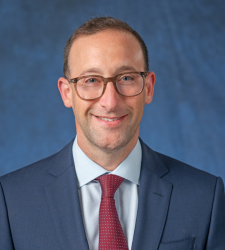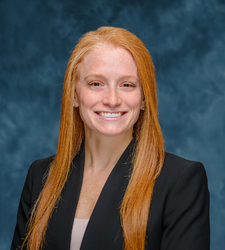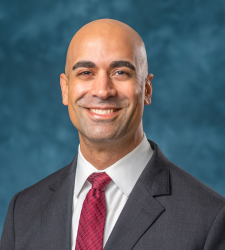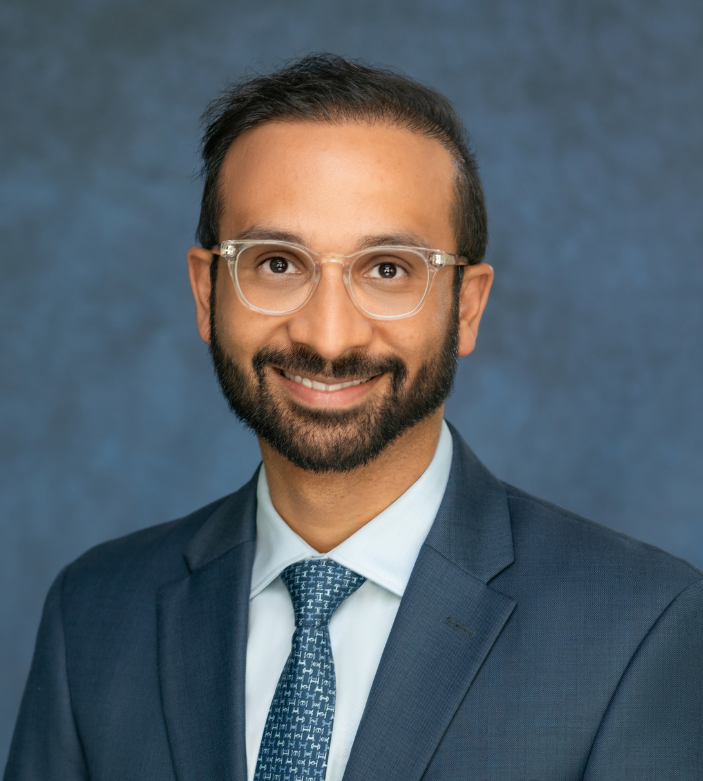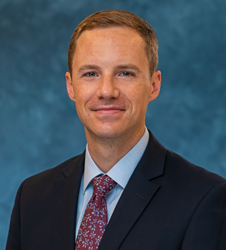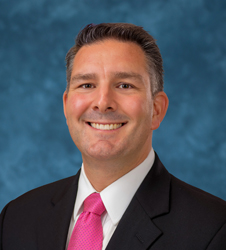Interventional Cardiology
over 95%
success rate in opening a blocked artery
over 2,300
cardiac catheterizations performed in 2023
9
Interventional Cardiologists at Virginia Heart
over 1,000
stents placed in 2023
Virginia Heart's Interventional Cardiologists are recognized local and national leaders who work collaboratively within a multidisciplinary team. Patients at Virginia Heart are seen through the evolution of their disease and our team works with them individually to create a long term plan and treat them with interventional cardiac interventions when necessary. The Interventional Cardiology team at Virginia Heart prides themselves on being early adapters who use the most state of the art technology to treat our patients.
Expert Care Close To Home
Virginia Heart's Interventional providers are available 24 hours a day, 365 days a year in each of the seven area hospitals we support, meeting the needs of our patients and providing the rapid response necessary in urgent or emergent situations. When patients present with acute heart attacks or ST Elevation Myocardial Infarction (STEMI), prompt management is critical to successfully limit heart muscle damage by restoring blood flow in the blocked artery. Virginia Heart is dedicated to serving the most emergent patients and our Interventional Cardiologists are on staff at the following local hospitals. |Inova Alexandria Hospital |Inova Fair Oaks Hospital |Inova Fairfax Hospital |Inova Loudoun Hospital |Virginia Hospital Center |Reston Hospital Center |Stone Springs Medical Center
Peripheral Artery Disease (PAD)
At Virginia Heart, we have three interventional cardiologists with expertise in treating peripheral arterial disease, and we are able to offer our services across the region. Commonly, plaque builds up in the arteries supplying oxygenated blood to the legs, causing blockages and decreasing blood flow. This can lead to pain with walking (claudication) and difficulty with wound healing (critical limb ischemia). At Virginia Heart, we offer minimally invasive procedures to open up these arteries for our patents and restore normal blood flow. We are also able to treat disease in the renal arteries supplying the kidneys and the subclavian arteries supplying the arms.
Chronic Total Occlusion (CTO)
Chronic total occlusion percutaneous coronary intervention (PCI) is a minimally invasive technique to open chronically completely blocked coronary arteries to relieve symptoms of chest pain or shortness of breath and to improve exercise capacity and restore quality of life. New skills and technology increasingly facilitate less invasive therapies, often in lieu of open-heart surgery, and are only performed by a very small number of interventional cardiologists in the United States. Our Virginia Heart interventional team ranks very high nationally in combined CTO volume, case complexity, and success rate.
Renal Denervation
We are happy to offer renal denervation as a treatment option for refractory hypertension at Virginia Heart. There are now two FDA approved devices that safely and effectively reduce blood pressure around the clock, with results lasting several years. These devices are used through a minimally invasive outpatient procedure which is similar to a cardiac catheterization. We know from previous clinical trials that lowering blood pressure by only 10 points can lead to 20% reduction in outcomes such as heart attack, stroke, hospitalization, and death. For our patients with uncontrolled blood pressure despite medications and lifestyle adjustments, renal denervation is an exciting new technology.
Common Questions & Answers
Is TAVR commonly performed for aortic valve disease?
Yes, over the past several years, TAVR has become the preferred therapy for aortic valve replacement. It is a paradigm shift from when open heart surgery was the only approach.
How long do you stay in the hospital after a procedure?
This is dependent on the type of interventional procedure a patient has. A patient is typically in the hospital for 1 to 2 days depending on the procedure.
Meet our Interventional Cardiologists:
